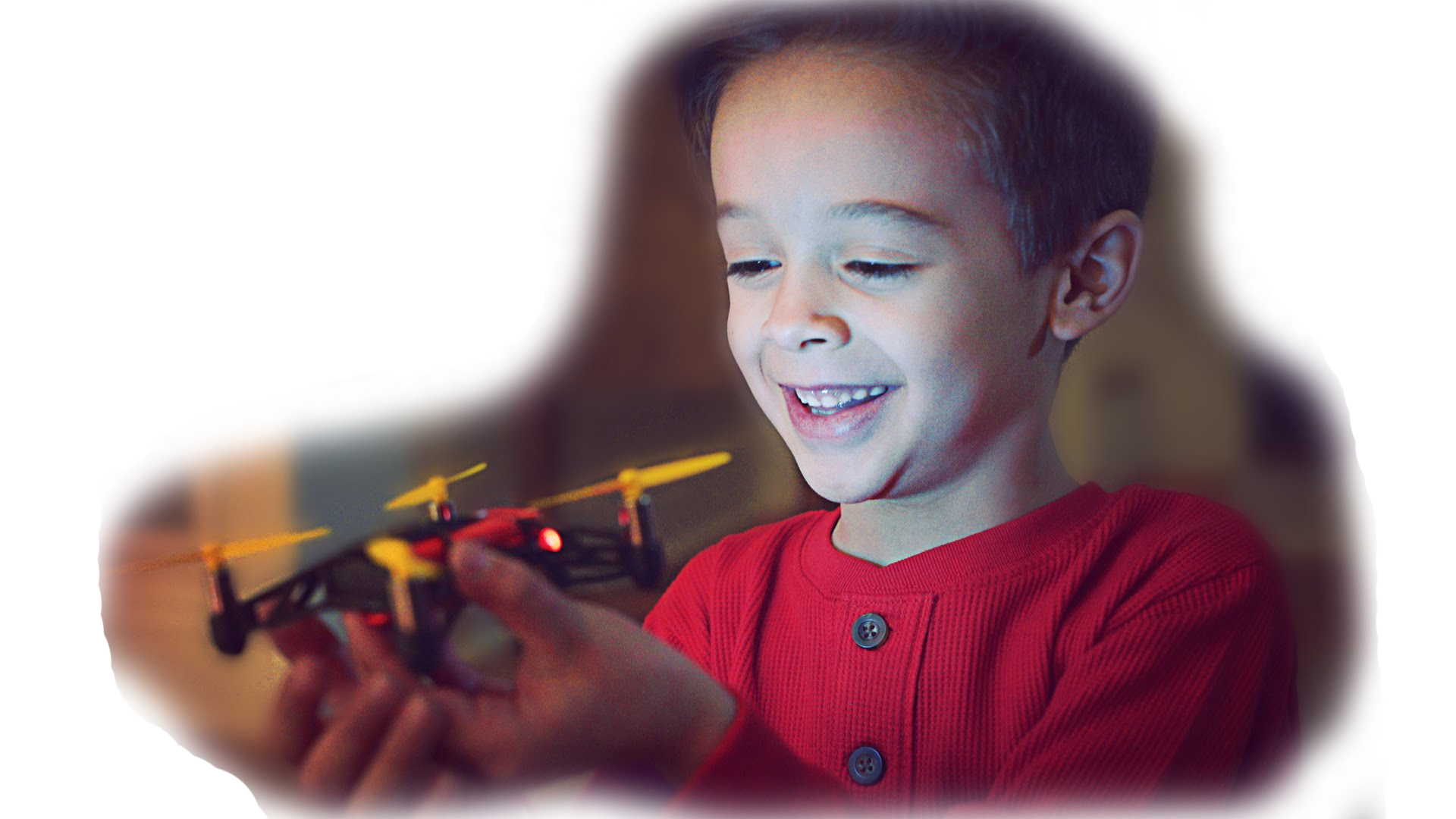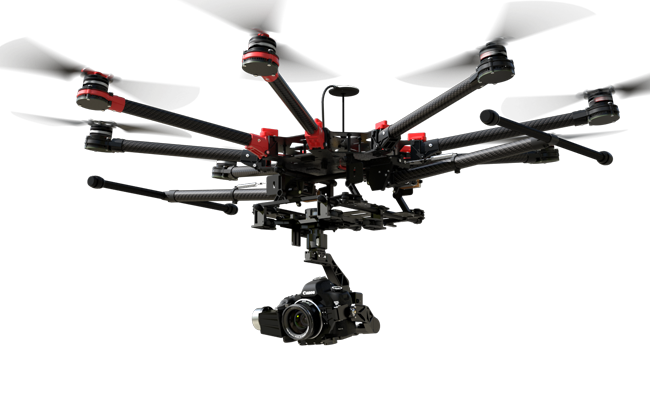Our Concept
The Flight School 4 Kids (FSK) was created to provide a unique cognitive enrichment experience for children ages 8 and older, and who are at varied levels of cognitive development from special needs to gifted. Here are the three main goals that inspired the design of the FSK program.
Goal #1:Improve Cognitive Processes.
Our essential purpose is to exercise and improve each child's mental processes. This is a different focus than simple academic content. The typical K-12 curriculum is content driven, which means that "success" is often measured by how much information is retained. Information is what we call content.
Process, on the other hand, considers how well your child uses their brain. Cognitive processes are things such as attention, concentration, perception, auditory processing, visual spatial processing, short term and long term memory, planning, impulse control, sensorial regulation and more. If a child has a deficit in any of these processes, mastery of content is impaired and school becomes more difficult. When learning is impaired by a cognitive deficit, schools have few if any solutions. Even gifted children who have no discernable process deficit, can improve their giftedness if specific cognitive skills are exercised rigorously and regularly. Our program was specifically designed to focus upon and exercise cognitive processes thereby improving underlying mental functioning. Our philosophy is based upon the many scientific studies published by Reuven Feuerstein Ph.D. and his colleagues who pioneered the field of cognitive enrichment. Thus the philosophy of the FSA program can be stated as follows:
"Intelligence is not a static structure, but an open, dynamic system that can continue to develop throughout life" Dr. Reuven Feuerstein's revolutionary words, not yet widely accepted by the psychological and educational establishments, make an enormous difference in how we perceive the role of education. If intelligence is modifiable, and if indeed intelligence can be taught and learned, education has a much greater role than might have been previously imagined.
Goal #2: Effortlessly Extend Educational Engagement Time.
Engagement time means the time your child is actually involved in an educational experience. If your child goes to school and daydreams 80% of the time, he/she is only engaged 20% of the time. A highly skilled teacher can increase engagement time by well planned and enticing lessons. Academic success is directly proportional to engagement time, and simply by increasing the number of hours per day your child is involved in learning, he/she will increase academic achievement. FSA is designed as an after school program. However, if the child perceives this is just a boring exercise (such as one on one tutoring) their voluntary engagement time will be minimized. We chose the modality of flight training as the central theme of our cognitive enrichment program since it is both rich in cognitive experiences, and is far from being perceived as “boring” by our students. It is exciting, engaging, and our students are anxious to return, lesson after lesson. Hence, the FSA can add hours of weekly engagement time to your child’s educational experience with minimal parental effort and coaxing. Your child will want to come to our Academy. We use the attractiveness of our simulator time to reward the Academy candidates for their weekly work in our off-line experiences which are done at home or in our learning center, and for achievement of other goals set by the Academy and parents, such as improving grades and behavior.
Goal #3: Minimize costs.
We are sensitive to the limited budget available to parents, especially parents of special needs children. So our design looked carefully for cognitive enrichment opportunities that can be implemented by computer, and in a group environment. This goal brought us to the design of the FSA using several computer flight simulators in a group setting embellished by online cognitive exercises that can be done at home between flight sessions.
Consideration of these goals brought us to develop the Flight School 4 Kids program.



